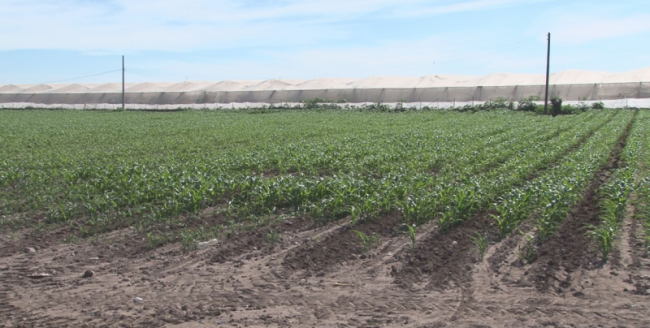
Ceccam
Structural reform of Mexico’s agricultural sector has been underway since the late 1980s and started in earnest with the country’s entrance into the GATT. This resulted in the tariffication of import licenses for most agricultural products, followed by reforms to the Compañía Nacional de Subsistencias Populares (Conasupo). These reforms involved, among other measures, the elimination of price supports for wheat, sorghum, rice, soybeans and other oilseeds (although not for maize or beans). As well, the need for import licenses for sorghum, soy and other oilseeds was lifted, but not for the importation of beans or maize. In 1989, Conasupo also ceded its former role as the principal importer of these goods. Another important measure was the change in Article 27 of the Mexican Constitution, which cancelled land redistribution and established the basis for the renting and sale of ejidal property. Due to the many measures taken towards liberalization in the agricultural sector, separating the effects of NAFTA itself is practically impossible.
To read the full document download the file PDF



